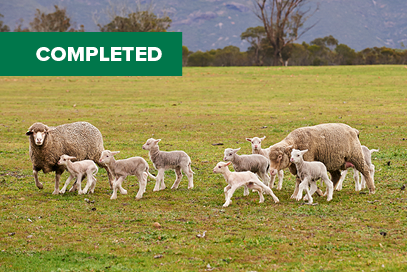
Sheep Reproduction Strategic Partnership (SRSP)

The Sheep Reproduction Strategic Partnership (SRSP) is a sheep industry initiative managed by Meat & Livestock Australia (MLA) that seeks to profitably and sustainably increase lamb production by increasing weaning rates and decreasing mortality.
Building on existing industry research, development and adoption (RD&A), the SRSP will increase impact and scale by:
- focusing on and promoting on-farm best practice
management - working with producers to apply R&D on-farm in a way that is practical, economical and works for different business models
- testing and demonstrating supporting technologies
- identifying and filling gaps in R&D.
The SRSP seeks to improve reproductive performance and weaning rates by providing producers with solutions for their farm businesses across the entire reproductive cycle. These will also deliver productivity, animal health and animal welfare benefits.
SRSP 2022 highlights
- SRSP Program Coordinator presented an overview of the SRSP to a total audience of 432 people (either on-line or in-person).
- Three webinars held to date with the 2023 webinar program currently in development.
- Inaugural SRSP Forum held in Sydney on 11–12 October 2022 with 32 attendees representing sheep reproduction RD&A providers and users from all sheep producing states and production regions.
- Monthly SRSP RD&A alert newsletter emailed to 300 people.
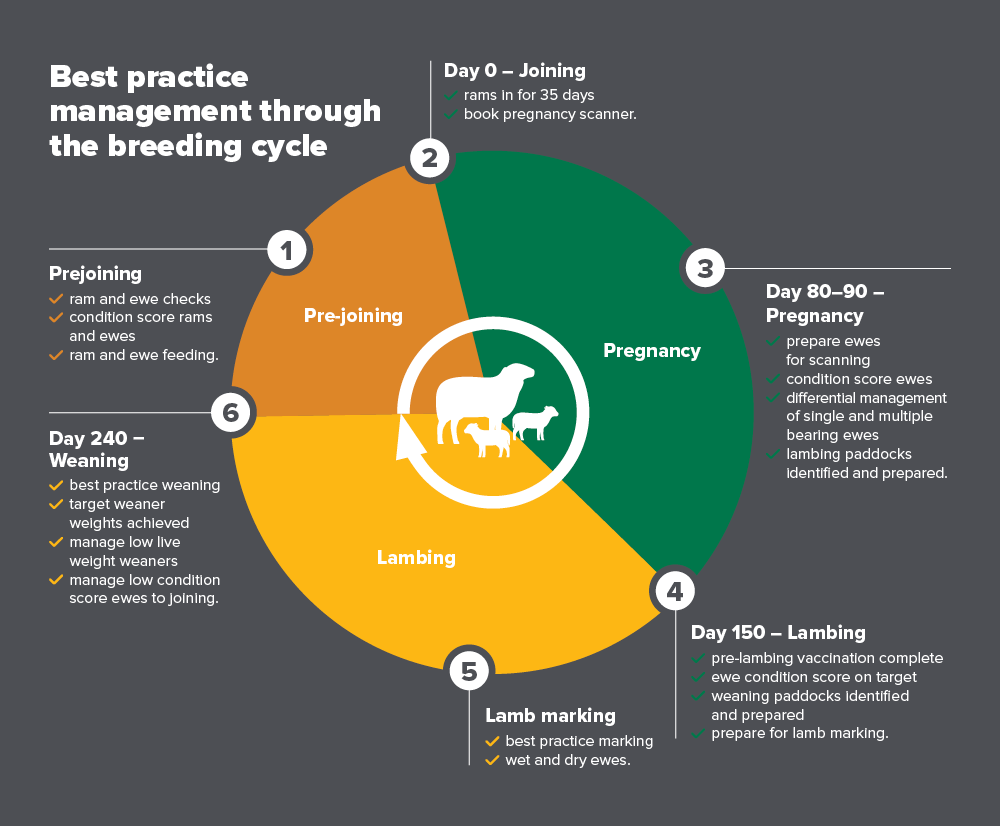
About the partnership
The SRSP is collaboration between research providers and industry organisations to develop larger, long-term programs of research, development and adoption that address a common goal to deliver greater benefits and impacts for the sheep industry.
The partnership is focused on:
Sheep reproduction Producer Demonstration Site projects
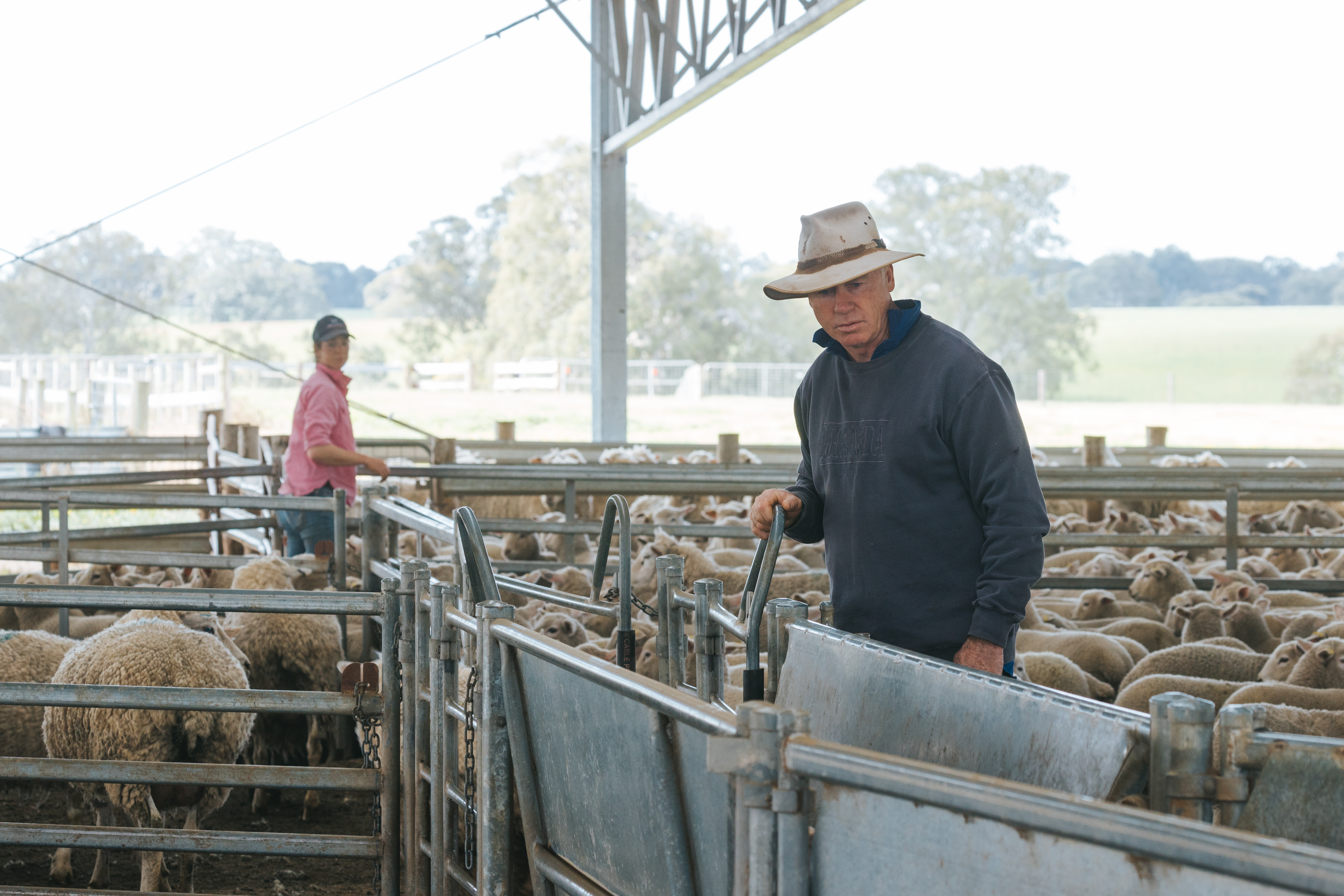
Sheep reproduction is the focus of many MLA Producer Demonstration Site (PDS) projects.
The MLA PDS program is a hands-on program that demonstrates the benefit of best management practices and new technologies on local commercial properties.
Working in supportive peer groups, producers gain new skills along with the confidence to apply these learnings to their own business.
To find out more about sheep reproduction PDS projects, search ‘sheep reproduction’ on the PDS search tool. Or if would like to find out more about how to get involved in a PDS project, click here.
SRSP webinar series
The SRSP hosts a quarterly webinar series that highlights the latest sheep reproduction research and development outcomes.
This SRSP webinar features four early career researchers who are part of the research teams tackling some key sheep reproduction issues:
Understanding the prevalence and causes of Merino ewe mortality
Bea Kirk, PhD Student, University of Melbourne, provided an overview of the Merino ewe mortality project and then focussed on her PhD research which is quantifying the impact of ewe condition score on Merino ewe mortality.
Quantifying the reproductive performance of shedding breeds
Bobbie Lewis-Baida, Postdoctoral Research Associate University of Adelaide, outlined the progress made to date to quantify the reproductive performance of shedding sheep breeds and shared some early results on scanning percentages of maiden and adult ewes.
New approaches to increase sheep weaning rates
Billie-Jaye Brogham and Megan Tscharke, Grant-Funded Researchers at University of Adelaide, jointly presented the three-stage approach used to increase sheep weaning rates and summarised the research conducted to determine the impact of betaine and melatonin on lamb survival.
Part 1 Optimising ewe lamb joining outcomes
Sally Martin, SheepMetriX, outlined the progress to date of this current PDS project and discussed the decision making process and earnings to date to achieve successful ewe lamb joining outcomes.
Part 2 Preg scanning in extensive sheep flocks
Laura Broughtonm, Productive Livestock Solutions, highlighted the benefits of pregnancy scanning in extensive sheep flocks and presented the key results from this recently completed PDS project.
The Managing triplet bearing ewes for success webinar presented the results of a national project directed at understanding how many triplet bearing ewes are in the Australian sheep flock and developing best practice management guidelines for commercial sheep producers to optimise their triplet ewe and lamb survival.
Part 1: Setting R&D priorities
Professor Andrew Thompson, Murdoch University, outlined the results of a national survey that quantified how many triplet bearing ewes are in the Australian sheep flock and various management strategies commercial sheep producers currently use to manage their triplet-bearing ewes.
Part 2: The importance of mob size
Dr Amy Lockwood, Murdoch University, discussed the on-farm research that showed the importance of smaller mob sizes for triplet bearing ewes during lambing.
Part 3: Managing ewe condition score
John Young, Farming Systems Analysis Service, reported the results of his economic analyses that highlighted the benefits of managing triplet-bearing ewe condition score.
Part 4: On-farm best practice guidelines
Dr Jason Trompf, JT Agri-Source, rounded out the webinar with a run down of the best practice management activities for triplet bearing ewes.
The Let's talk rams webinar explored the ram side of sheep reproduction.
Part 1: Sexed semen
Professor Simon de Graaf, Sydney University, provided an overview of the research behind the development of sexed semen, the process used to separate the X- and Y-sperm sexed semen, the current status of the technology and it's use in the sheep industry.
Part 2: Prediction of ovine AI success
Eloise Spanner, an Early Career researcher from Sydney University, discussed the national project that has been investigating the effect of ram, ewe and environmental factors on the variability of successful artificial insemination programs within the Australian Merino industry.
Professor extraordinaire Schalk Cloete from the University of Stellenbosch in South Africa presents on the long-term selection for reproductive performance in the Elsenburg Merino resource flock. The Elsenburg Merino flock has been selected for divergent reproductive performance since 1986.
A recent review of the major risk factors for neonatal lamb mortality found that melatonin can improve outcomes in high risk sheep pregnancies through increasing uterine blood flow and neonatal neuroprotection. Dr Will van Wettere from the University of Adelaide discusses the impact of supplementing Merino ewes with melatonin following pregnancy scanning to improve the survival of twin born lambs.
Part 1: Unlocking the keys to ewe survival
Reducing ewe mortality during lambing is a high priority for the sheep industry. In part 1 of this webinar, Mary McQuillan from Livestock Logic discusses unlocking the key to ewe survival during lambing and presents the major risk factors affecting ewe mortality.
Part 2: Fit to join
Part 2 of this webinar, presented by Andrew Whale from Livestock Logic, highlights the key fitness indicators to look for when deciding if ewes are fit to join.
Pregnancy scanning is a key technology that enables sheep producers to make informed decisions regarding managing their breeding ewes and lambing. This webinar will highlight the role of pregnancy on farm profitability and discuss the key actions producers can take to set their scanner up for success.
Part 1: Can you afford not to scan?
John Young, Farming Systems Analysis Service, discusses the results of an economic analysis of the profitability of pregnancy scanning.
Part 2: Set your scanning up for success
Josh Cousins, Cousins Merino Services, provides a pregnancy scanners perspective on best practice preparation for scanning to set your scanner up to ensure high accuracy.
Related resources
BredWell FedWell (BWFW) is a practical, one-day introductory workshop on how productivity and profitability can be improved through good breeding and feeding over the livestock production cycle, with a specific focus on profit drivers.
Producers can use the outcomes of the workshop to develop a genetics and nutrition regime suited to their environment and markets to boost profitability.
Workshops are hosted on-farm and aimed to improve the knowledge and skills of producers so they can:
- develop a customised breeding plan for their livestock enterprise aligned to their profit drivers
- identify sires and select animals that help them meet their objectives
- feed animals well to achieve their objectives and maximise their genetic investment.
Click here to find out more.
SRSP Management Committee
The SRSP Management Committee oversees the direction of the partnership. Its membership is composed of the SALRC and WALRC chairs and producer members, Sheep Producers Australia, Australian Wool Innovation and MLA's Sheep and goat Productivity and Consultation programs.
Christine operates a family beef cattle and sheep wool/meat livestock business at Coolah, NSW, jointly with husband, Henry, daughter, Georgia and son James. Christine has worked as a research agronomist in northern NSW, an advisory agronomist in the Coolah district, in project management within the Information Technology sector and in local government. She has held board member roles with the Catchment Management Authority, Veterinary Practitioners Board of NSW, and Central West Local Land Services and currently chairs SALRC’s Northern NSW Regional Committee. Chris has a particular interest in linking research to on-farm practicality and innovation, and developing user-friendly tools for producers to aid decision making.
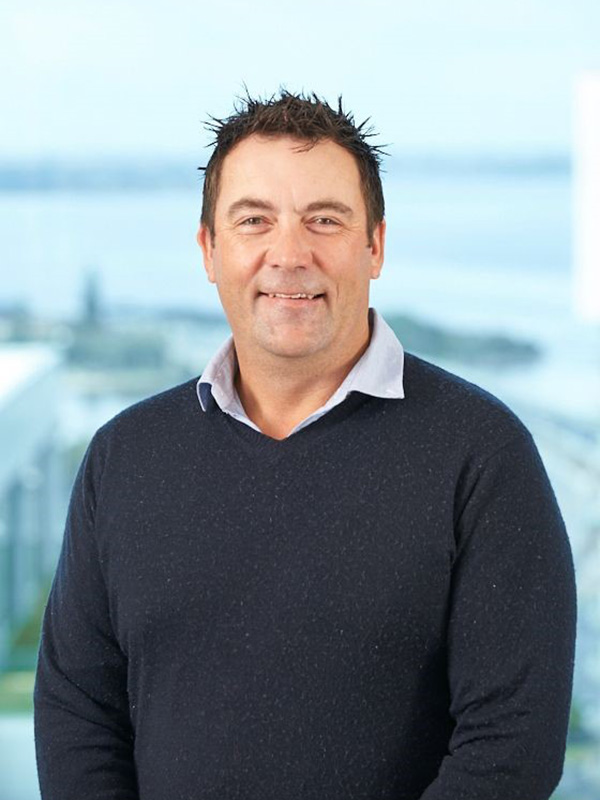
Clayton runs a mixed cropping and sheep farm on 5000ha of owned and leased land 30km north east of Wagin, with his wife Polly and their four young boys. He grows cereals, canola and lupins alongside a self-replacing Dohne/Merino flock with a focus on reproduction and lamb survival. The sheep flock has been fully EID tagged since 2015 and has featured successfully mated 6-7month old ewe lambs for more than 10 years. Clayton has a keen interest in research and has taken on the role of a T90 Focus Farm. He is also a current member of CBH’s Growers Advisory Council and a producer representative on WALRC.
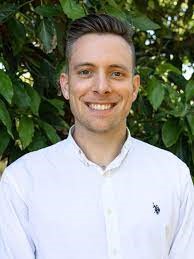
.
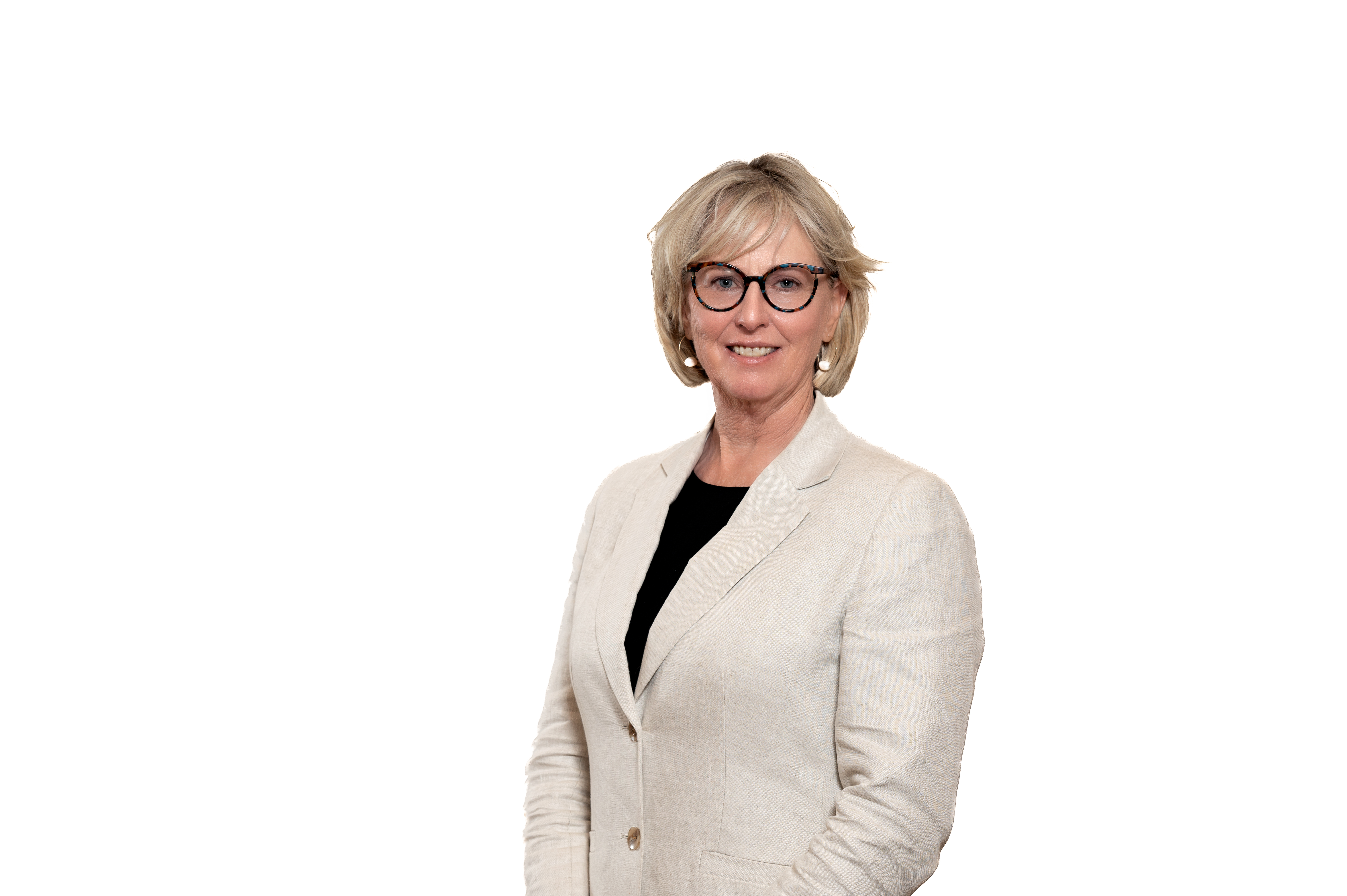
Jenny runs a mixed farming business in central west NSW, alongside her husband and son. Jenny manages and operates the commercial and stud sheep side of the business with all stud animals having ASBVs. Seeking continual improvements from sheep production, the business, which is a long-term member of Sheep Genetics, is often involved in industry research projects using both stud and commercial animals. Adoption and innovation places Jenny at the forefront of sheep breeding, research and development. Jenny has contributed at many levels across numerous committees, boards, and advisory roles all dealing with the sheep industry and sheep meat supply chain. She has a passion for youth engagement across all sectors of agriculture.
BSc (Hons) PhD
WALRC Chair
Bronwyn has more than 25 years’ experience working in the Australian sheep industry and specialises in genetics focused research and development. She has worked for the WA Department of Agriculture, provided strategic consultancies to Meat & Livestock Australia, Australian Wool Innovation and the New Zealand Merino Company and is currently involved in research and teaching at Murdoch University. Bronwyn is passionate about ensuring that investment in agricultural research and development is spent wisely on well planned projects, developed in partnership with industry and that demonstrate evidence of effectiveness in achieving goals.
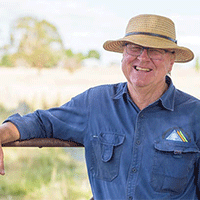
B Rural Science
SALRC Chair
Ian Rogan comes from a beef and dairy cattle farming family in the Clarence River region of northern NSW, and currently runs a nursery and consulting firm in the Central Tablelands of NSW. He has over 40 years of professional experience in both the public and private sectors providing research, development and adoption services for Australian livestock industries. Ian is the Chair of the Southern Australia Livestock Research Council (SALRC) and the Central Tablelands Local Land Services Board.
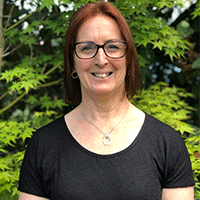
BSc Agric (Hon) PhD
Program Coordinator
Sue is the Director and Principal Scientist at Makin Outcomes, an independent research and development consultancy based in Orange NSW. Makin Outcomes specialises in applied research and development, project and program management, development and delivery of national livestock training programs, data analysis and reporting, scientific reviews, change management and technical editorial services. Sue has 30 years of experience in applied scientific research including genetic improvement of sheep, breeding ewe management and lamb and weaner survival.
Richard Apps
Ben is a new member representing SALRC.

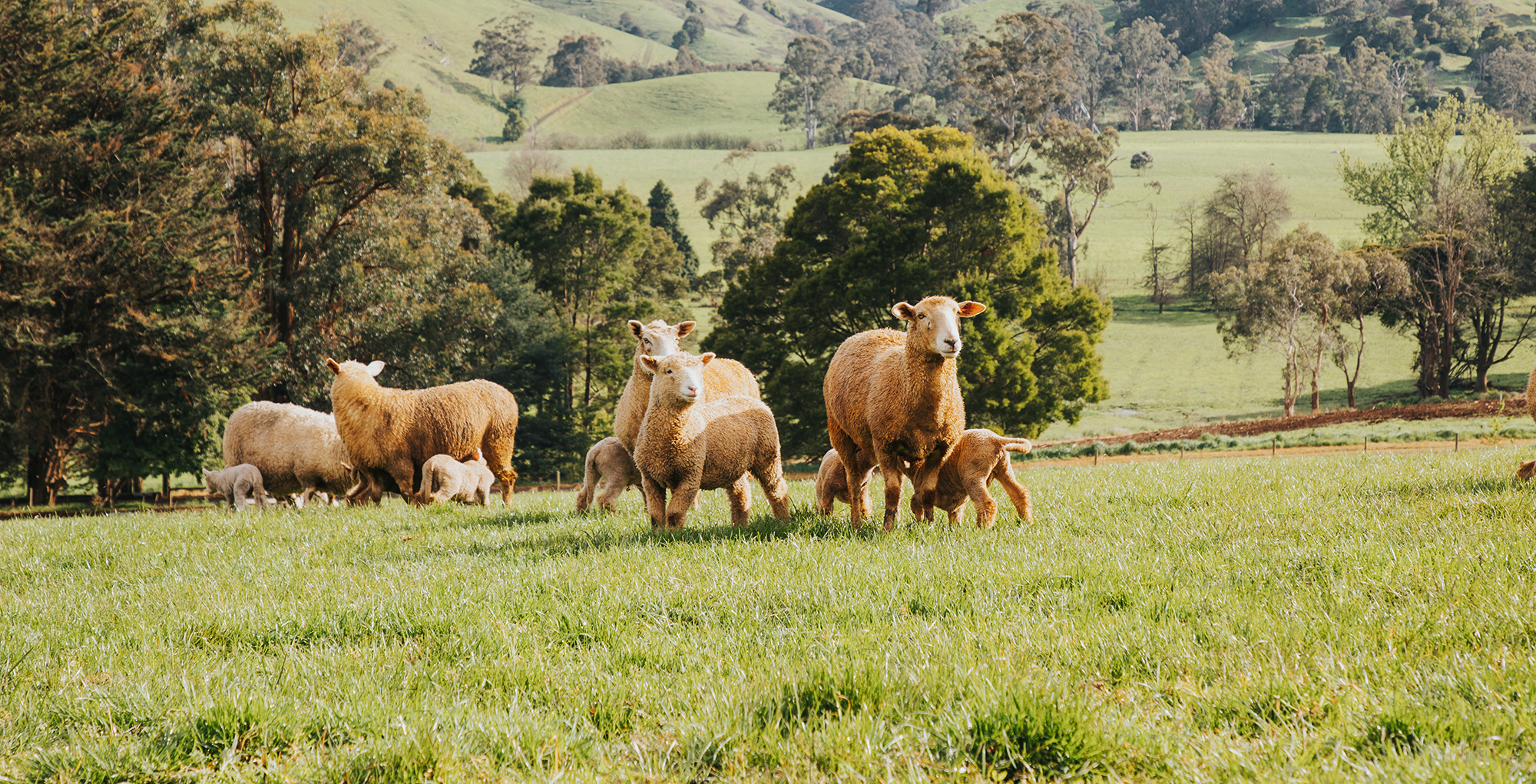

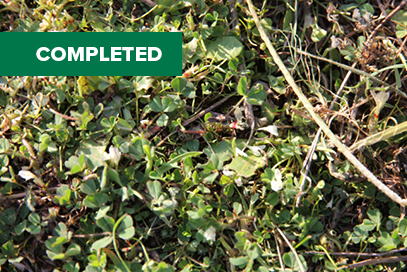
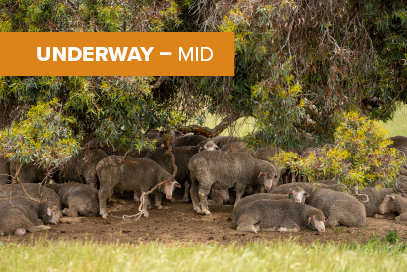
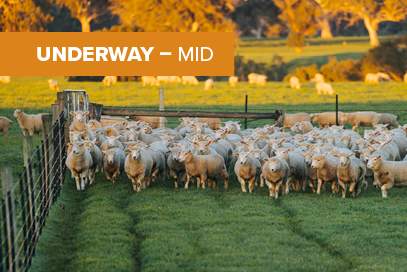
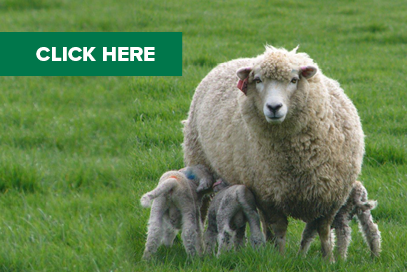
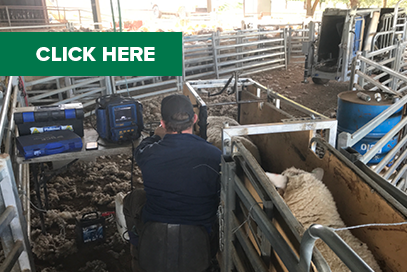

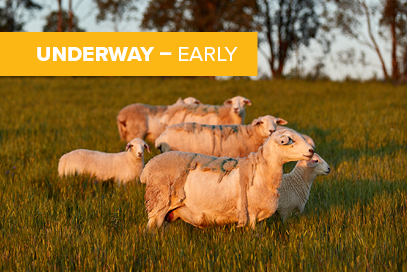
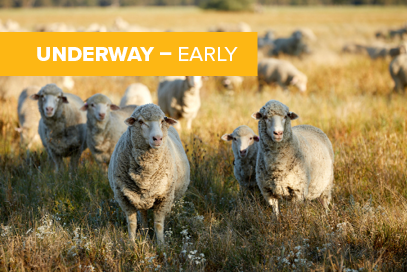

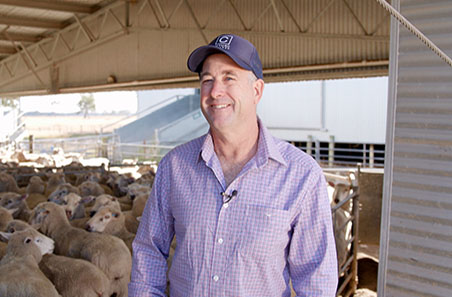
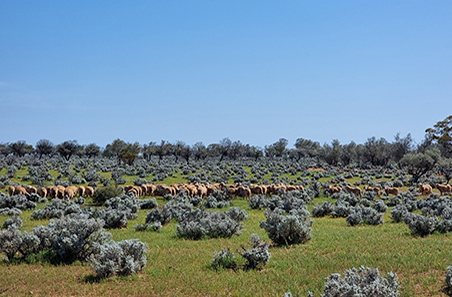
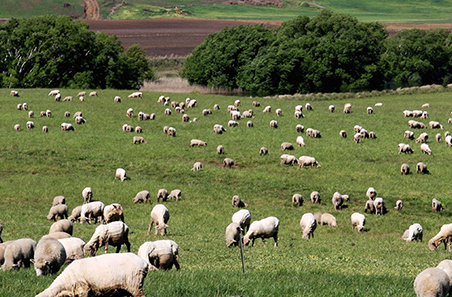
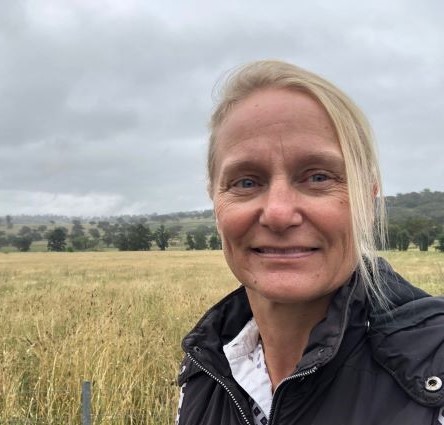
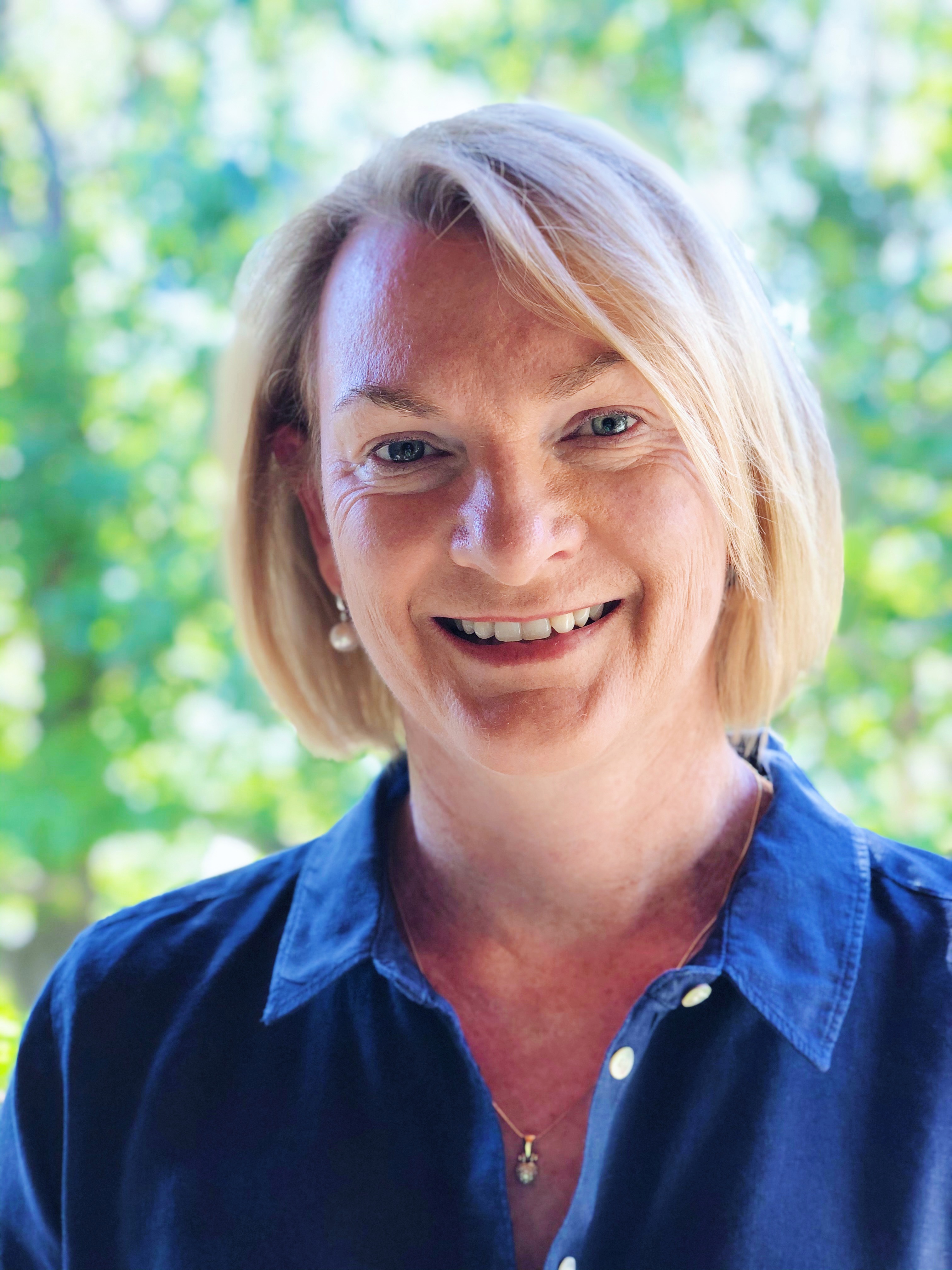 BSc (Hons) PhD
BSc (Hons) PhD
